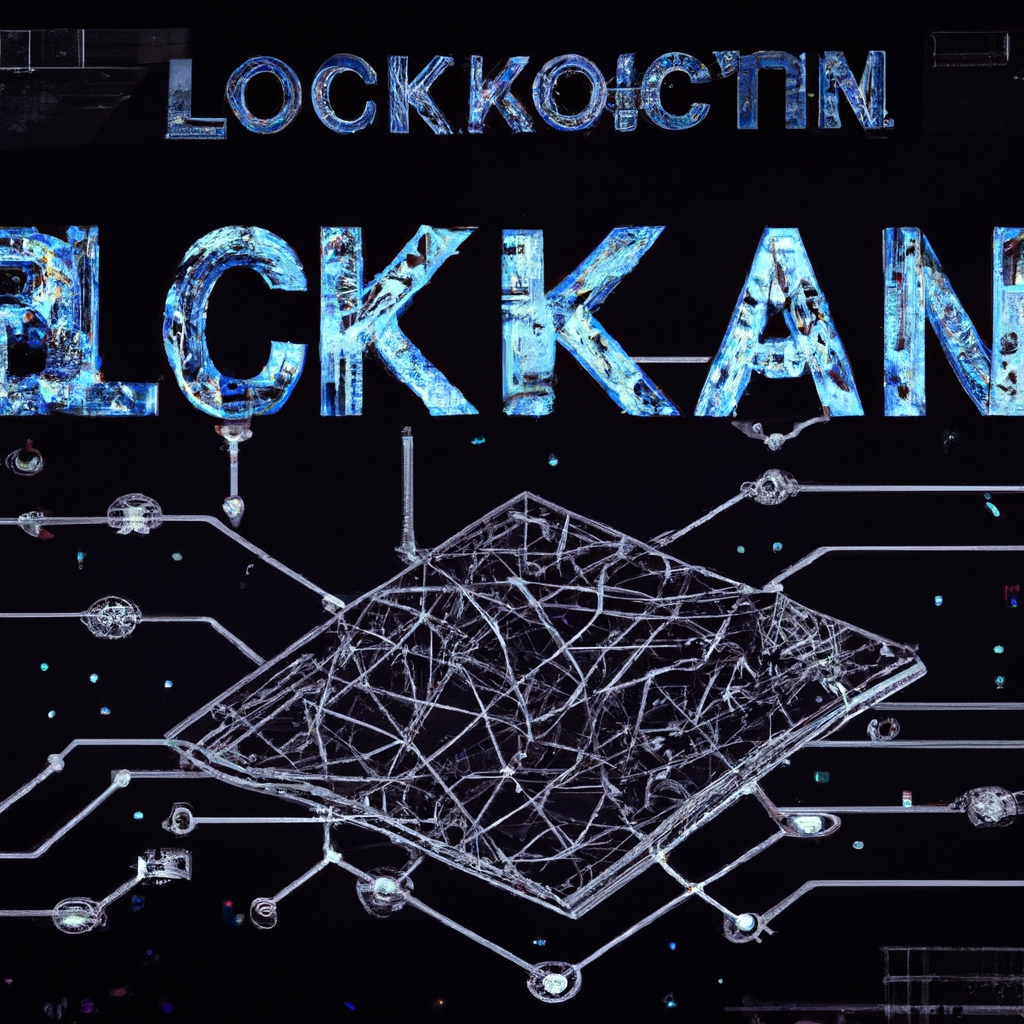Blockchain Technology Developments
Introduction
Blockchain technology has rapidly emerged as a revolutionary force in various industries. Initially popularized by cryptocurrencies like Bitcoin, blockchain has evolved to become a versatile technology with immense potential. In recent years, several significant developments have taken place, paving the way for its widespread adoption and integration into various sectors.
1. Smart Contracts
Smart contracts are self-executing contracts with predefined rules and conditions encoded within the blockchain. These contracts eliminate the need for intermediaries, ensuring transparency, security, and efficiency. With the rise of smart contracts, blockchain technology has expanded beyond its initial application in finance and cryptocurrency sectors. Smart contracts have found utility in industries like supply chain management, real estate, healthcare, and more.
2. Interoperability
Interoperability is a crucial aspect of blockchain technology development. Initially, different blockchain networks operated in isolation, hindering the seamless transfer of data and assets between them. However, recent advancements have focused on bridging this gap. Projects like Polkadot, Cosmos, and ICON aim to create interoperability protocols that enable communication and exchange of value between various blockchain networks. This development opens up new possibilities for collaboration and integration across different industries.
3. Scalability Solutions
One of the primary challenges faced by blockchain technology is scalability. Traditional blockchains like Bitcoin and Ethereum have limitations in terms of transaction throughput and speed. To address this, several scalability solutions have emerged. Layer 2 solutions, such as Lightning Network for Bitcoin and Plasma for Ethereum, aim to increase transaction capacity by processing transactions off-chain while still maintaining the security of the underlying blockchain. Additionally, projects like sharding and sidechains offer alternative approaches to enhance scalability.
4. Privacy and Confidentiality
Privacy and confidentiality have been areas of concern in public blockchains. While the transparent nature of blockchain is advantageous for many use cases, it may not be suitable for all scenarios. To address this, developments in privacy-focused blockchains like Monero, Zcash, and Mimblewimble have gained traction. These projects utilize cryptographic techniques to enhance privacy while maintaining the decentralized nature of blockchain technology.
5. Integration with Emerging Technologies
Blockchain technology is increasingly being integrated with other emerging technologies, amplifying its potential impact. Integration with the Internet of Things (IoT) allows for secure and transparent data sharing and automation. Artificial Intelligence (AI) and Machine Learning (ML) can be leveraged to analyze and extract insights from blockchain data. Furthermore, blockchain technology is also being explored in the context of renewable energy, digital identity, voting systems, and more.
Conclusion
The continuous development and innovation in blockchain technology have propelled its growth and adoption across various industries. With advancements in smart contracts, interoperability, scalability solutions, privacy enhancements, and integration with emerging technologies, blockchain is poised to revolutionize numerous sectors. As more organizations recognize the potential of blockchain, we can expect further breakthroughs and transformative applications in the near future.



